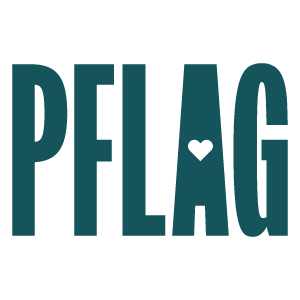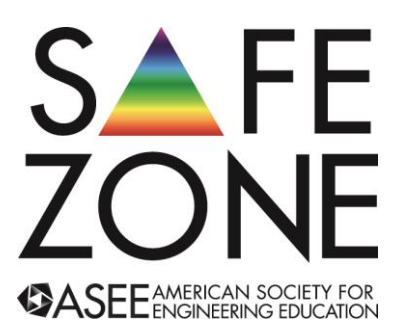The Gender Resource & Advocacy Center plays a critical role in the implementation of community education around a range of topics concerning gender equity, sexuality, interpersonal relationships, and anti-violence.
The GRAC coordinates annual programming connected to state and national movements like National Coming Out Day, Domestic Violence Awareness Month, Transgender Awareness Week, Black History Month, Women’s History Month, and Sexual Assault Action Month.
The GRAC also facilitates the professional development of Willamette employees and student leaders through trainings related to campus advocacy, violence prevention, trauma-informed care resources, sexual health, and WU SafeZone.
Contact the center for specific programming or training requests: grac-info@willamette.edu
WU SafeZone
WU SafeZone training presents foundational concepts in LGBTQ education and allyship, addressing concerns of power, privilege, and oppression related to heteronormativity, homophobia, and transphobia. It's an interactive workshop that includes insight into WU's LGBTQ history of activism and how to apply affirmative and inclusive practices as a current member of the Willamette community. This training can be adapted to apply practices in specific departments or organizations while working with the WU community. WU SafeZone is facilitated by trained staff and students associated with the GRAC Community Education Program. Ideally, the training lasts two hours but can be modified for 90 or 60 minute sessions.
Contact grac-info@willamette.edu for training inquiries.
WU C.A.R.E.S.
All violence prevention programming at Willamette University seeks to align with one or several themes listed below. Comprehensive prevention programming addresses both root causes of sexual and interpersonal violence in addition to teaching healthy behaviors and skills.
WU C.A.R.E.S. seeks to empower students to foster a community where safety and respect are prioritized and those who commit acts of sexual and interpersonal violence are held accountable.
We believe...
C - Consent education is a necessary component to cultivating a healthy community that values respect, dignity, and nonviolence. Many of us use consent behaviors in everyday life. Enhancing those skills is necessary to building a community where everyone feels empowered to make the best decisions for themselves, especially in romantic and sexually intimate relationships.
A - Anti-Oppression and Awareness are vital to violence prevention efforts because we understand that sexual and interpersonal violence are consequences of oppression and that these tactics have been used historically, and presently, as a tool to maintain power and control of vulnerable groups in our communities. Awareness building that incorporate this lens is important, as is informing people of the dynamics of sexual and interpersonal violence in an effort to dismantle cultural myths and harmful stereotypes.
R - Relationships, of all kinds, that include healthy behaviors relying on trust, communication, respect, and equality are valid and important to cultivate in our community.
E - Enlisting self and others in our community is an essential component to preventing or disrupting violence as it occurs. We all have a responsibility to do something to end violence on our campus.
S - Sexual Health information, education, and care that is accurate and accessible should promote the idea that sex (or no sex!) is a normal, valued, and pleasurable aspect of any student's mental, physical, and emotional well-being.
Students and professional staff at the GRAC are available for educational programming consistent with WU C.A.R.E.S.
Requests for advocacy support at educational programs coordinated by other student groups can be sent to SARA-Resources@willamette.edu.
Sexual Health
Many of the following resources have been created or sourced by the GRAC Sexual Health Resource Specialists. For specific sexual health resource questions or to contribute to this list, email grac-info@willamette.edu.
Latiné/Latinx Sex Educators
Find knowledgeable sex positive educators in honor of Hispanic and Latinx Heritage Month.
Black History and Reproductive Health and Justice
A site that includes statistics about Black women* and their reproductive health, a history and background of the reproductive justice movement, a history of sexual health and reproductive health that is rooted in white supremacy, colonialism and eugenics, and resources for continued learning.
*The term women is used in this material because the statistics cited regarding this topic use the term women, however we acknowledge that sexual and reproductive health impacts the experiences of all people whether they identify as women or not.
Black Leaders in Sexual and Reproductive Justice
Reproductive Justice Briefing Book
Sexual and Reproductive Health Zine
Respectful Terminology
Please contact the Gender Resource and Advocacy Center with any suggestions or comments on the current list.
Trans Student Educational Resources: LGBTQ+ Definitions

SafeZone's Transgender Vocabulary Handout
PFLAG: The PFLAG National Glossary of Terms

The Transadvocate: Terms Glossary



